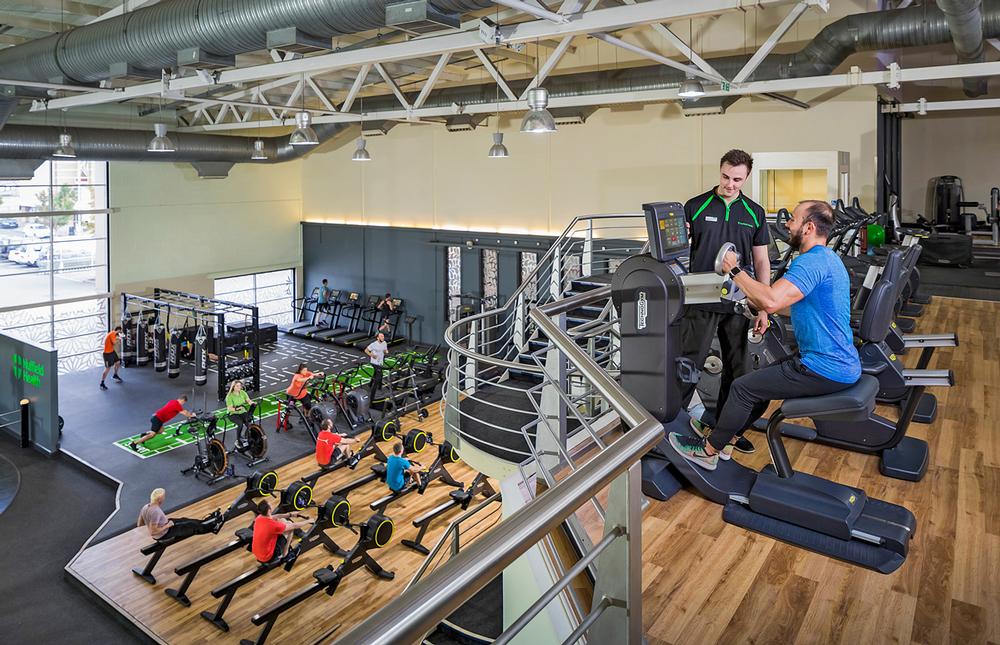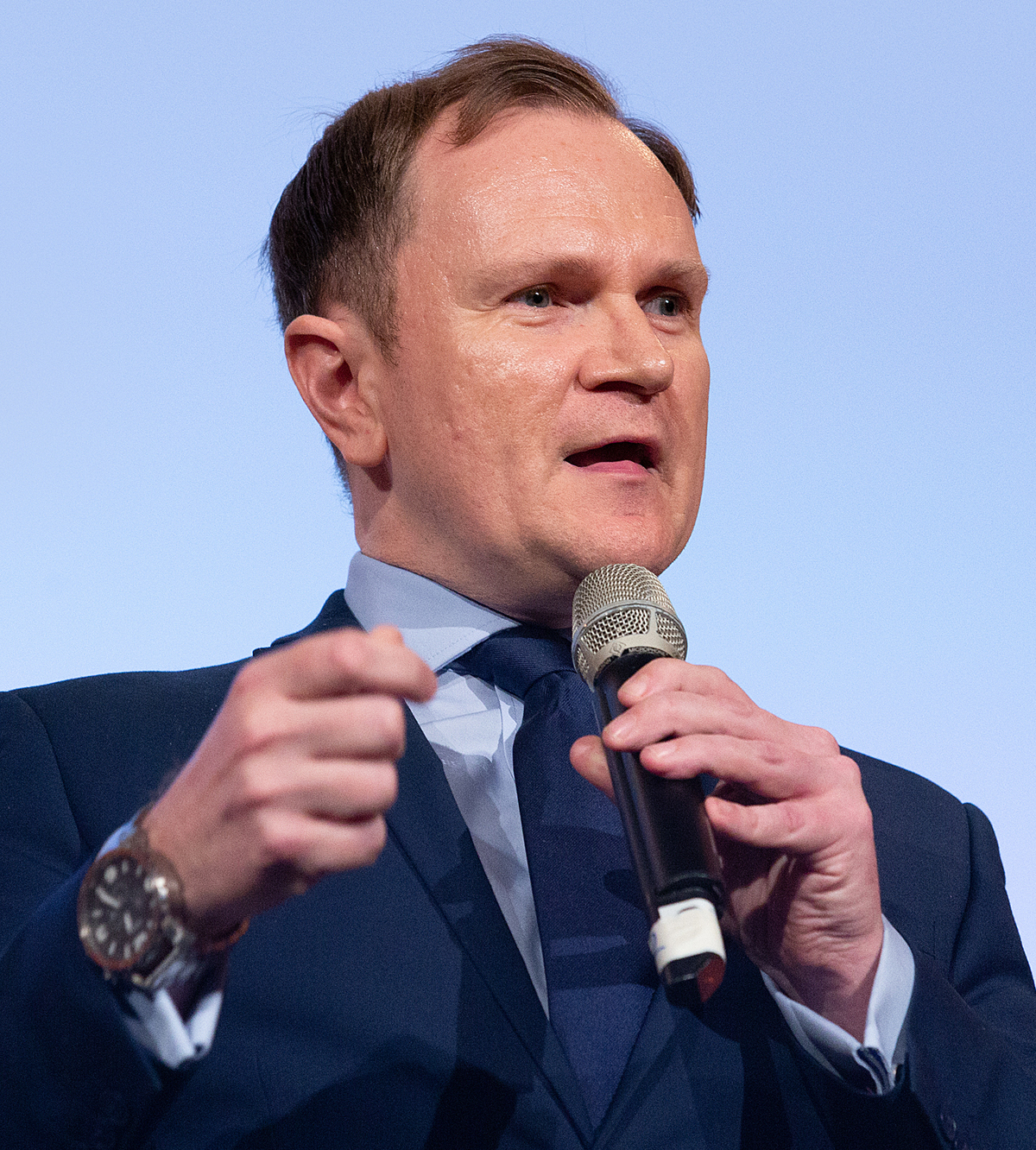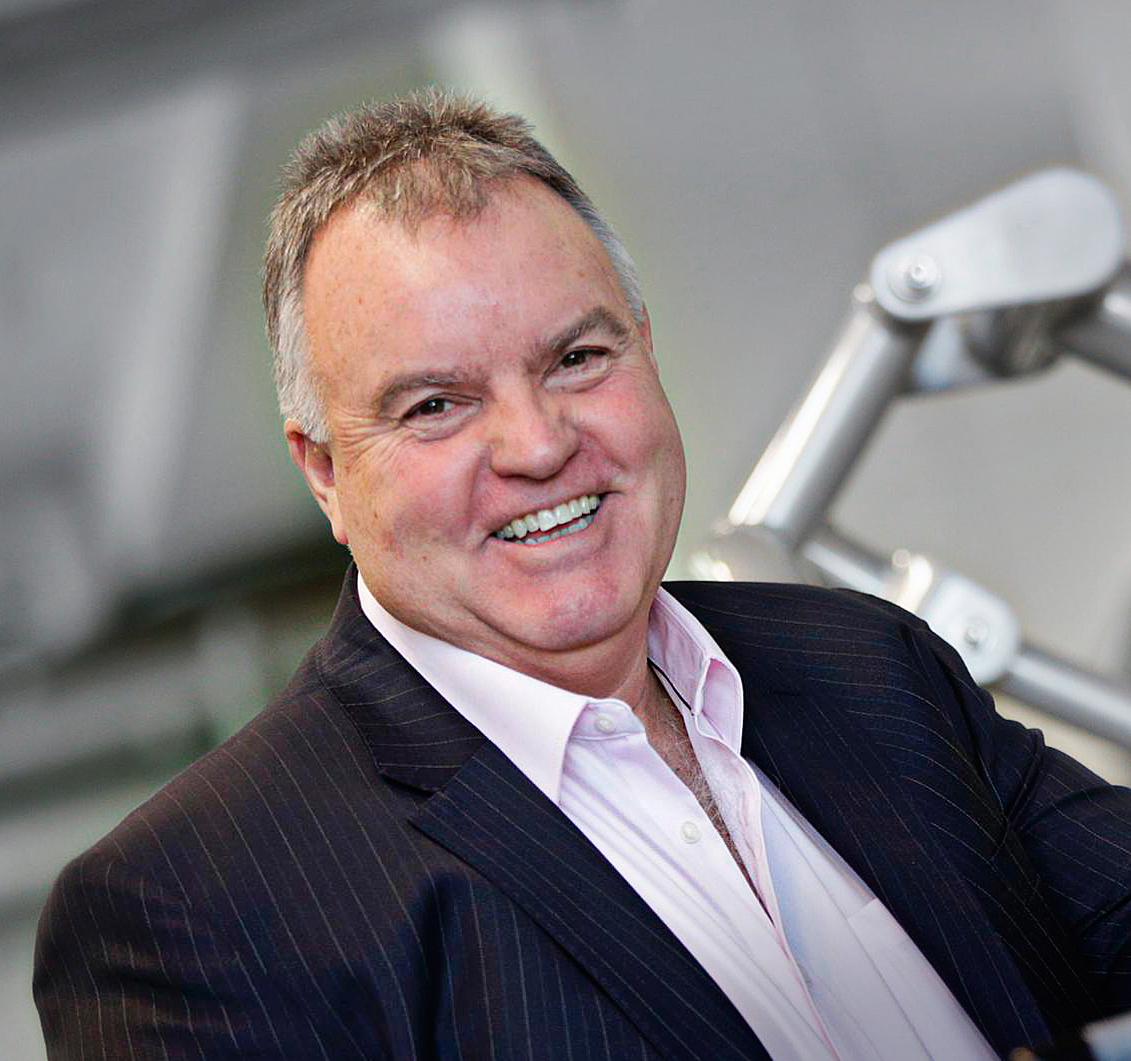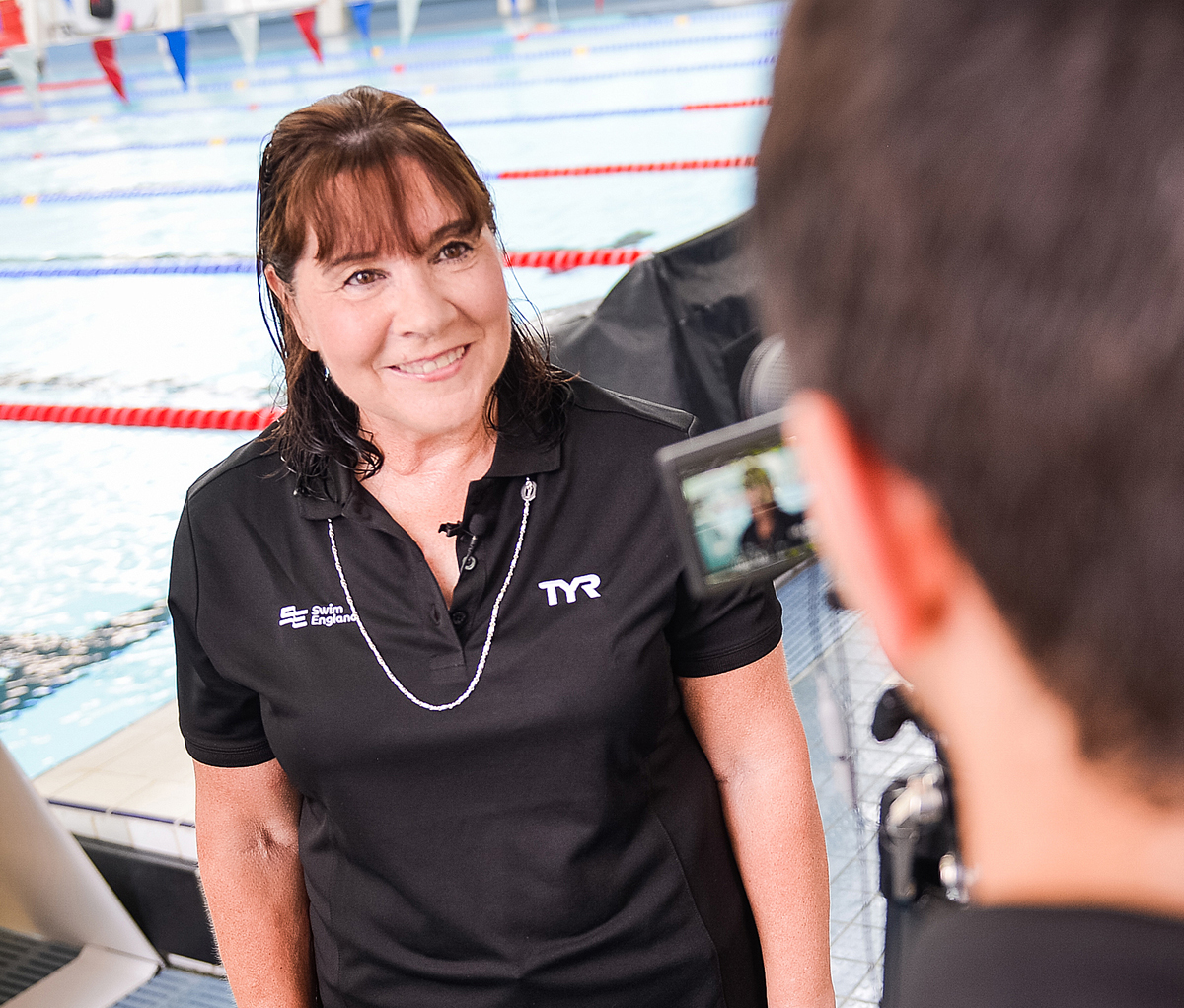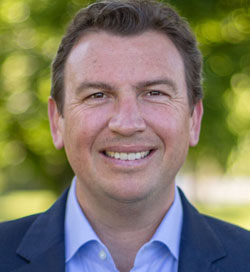
Photo: Greg Whyte
Recovery from COVID-19 is likely to be complex and protracted for many. Central to the rehabilitation process will be the role of the fitness sector in providing the facilities and expertise required for physical therapy to overcome the negative impact of the virus on physical function, including the loss of muscle mass, strength, aerobic capacity, and mobility, to name but a few.
Following news of a vaccine breakthrough, it should also be noted that physical activity plays an important role in increasing the efficacy of vaccines and as a result, is vital to providing any new vaccine with the best possible chance of success.
However, COVID-19 is not the only disease where the fitness sector plays an essential role. The vast majority of prehabilitation and rehabilitation for a range of diseases is provided by the fitness sector, including cancer, cardiac, pulmonary, and neuro. Without access to these facilities and expertise, many patients will go unsupported in their hour of greatest need.
Macmillan has reported that there were 50,000 undiagnosed cases of cancer during the first lockdown, a figure that is projected to break 100,000 by 2021. But the damage caused by lockdown does not end with missed diagnoses. The closure of gyms and leisure facilities also has an impact.
According to Anthony Crozier and the Physical Activity Exchange team at Liverpool John Moores University, 66 per cent of our nation’s cancer prehabilitation and rehabilitation support services are delivered at leisure centres, with 69 per cent of provision funded through local authorities and the third sector, meaning these services have not been available during lockdown. In addition, 73 per cent of functional assessments and 80 per cent of exercise to support these interventions are delivered by Level 4 instructors.
66% of cancer prehabilitation and rehabilitation services are delivered at leisure centres, meaning these services have not been available for the whole month of November
We must recognise the fitness sector as an essential service if we are to avoid a future healthcare catastrophe – they are essentially already filling this role.
It’s clear, from the science, that fitness facilities have an outstanding safety record. Furthermore, the sector has a robust, rapid and effective track and trace system to support the protection of the population.
The fitness sector also takes its responsibility for public health seriously, and is working on upskilling its workforce to provide specialist support for COVID-19 patients, as well as all other diseased states that require physical therapy.
I’m working with a group of specialists on a project called iCARDIO to create an accreditation framework for clinical exercise physiologists – something that will be required to ensure the industry is recognised by the health sector when it comes to providing essential services for patients across the disease spectrum.
If we are to protect our health service, deal with COVID-19 and avoid future healthcare catastrophes, we must recognise the sector as an essential service in the prevention and treatment of disease and keep these valuable facilities open.
• Greg Whyte is professor of applied sport and exercise science at Liverpool John Moores University








